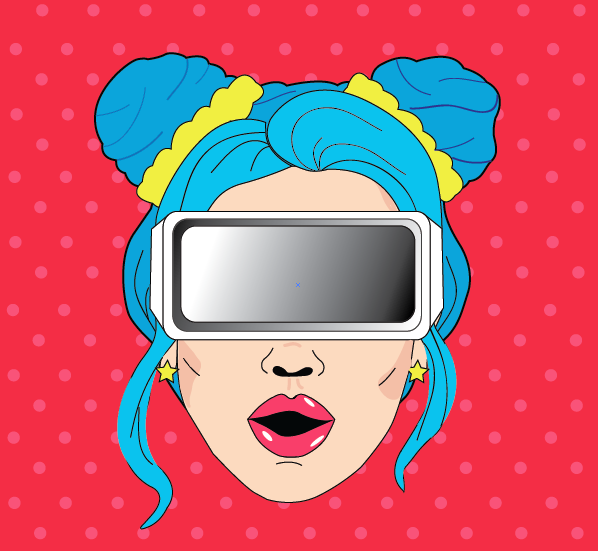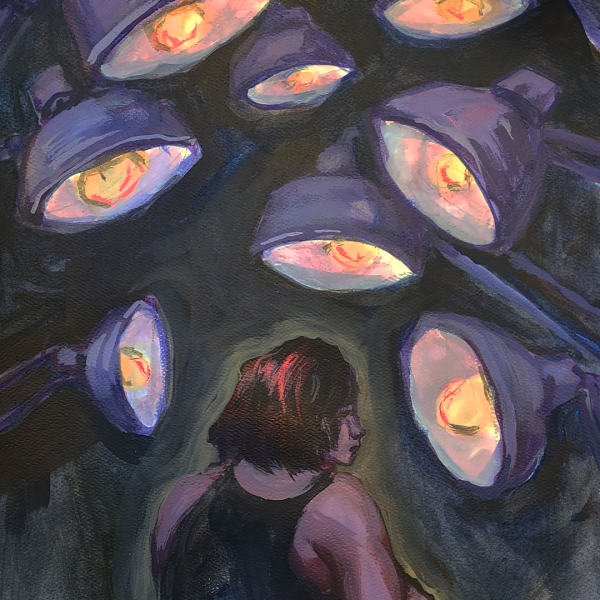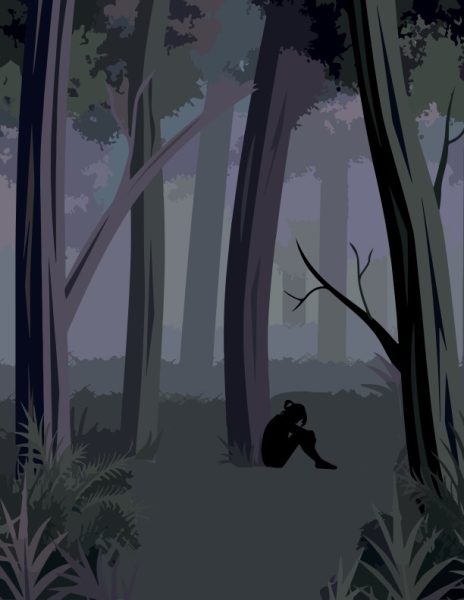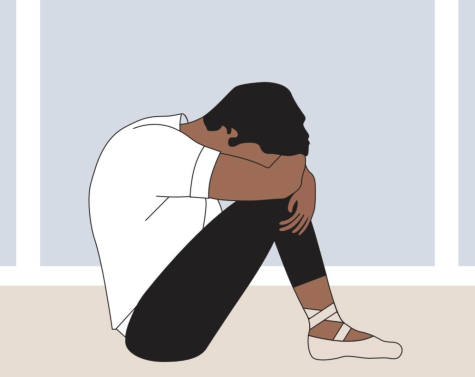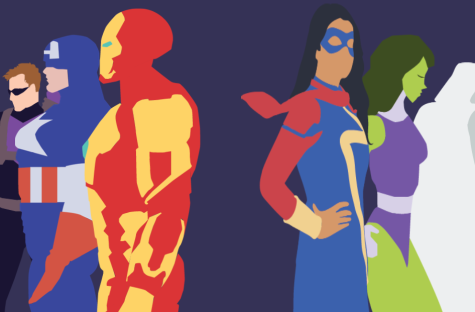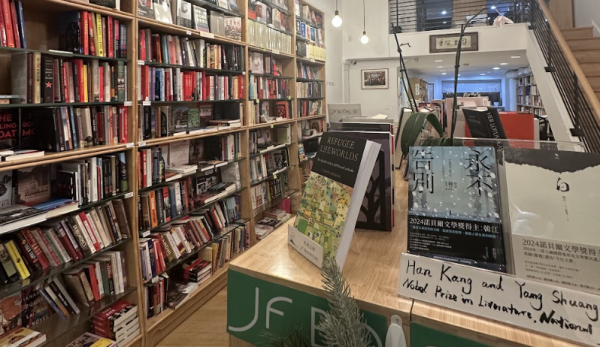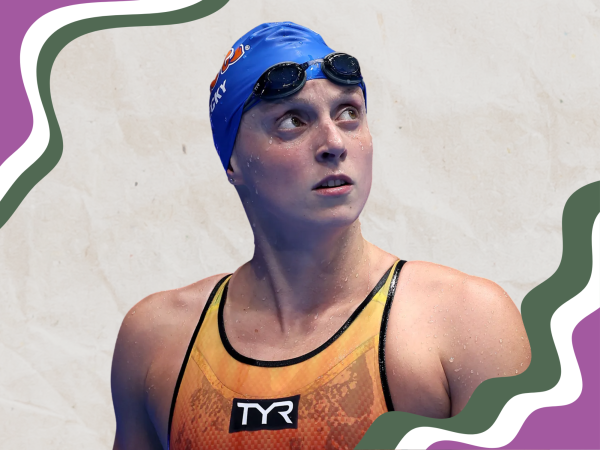How we will learn in schools of the future
In the Tacoma School District in Washington, artificial intelligence isn’t a futuristic gadget. It’s simply another classroom tool. Throughout the past six years, the schools have used AI to gather data on their students’ progress and determine which ones are “at risk.” By determining the kids who need the most assistance, the teachers have been able to help them individually, improving overall student graduation rates from 55 percent to 82.6 percent.
Schools are beginning to reconfigure curriculums and integrate high-tech tools to prepare students for the increasing number of technology-related jobs. Robots have not only replaced manufacturing jobs but are filling in for clerical workers and can even make medical diagnoses. In fact, robotic automation technology will do the equivalent work of nearly 4.3 million humans worldwide by 2021, according to Forrester Research.
Artificial intelligence is rapidly changing the workforce, and education has begun to adapt along with it, giving students early opportunities to interact with AI, virtual reality and individualized curricula.
It’s expected that AI in American schools will grow by 47.5 percent between 2017 and 2021, according to the Artificial Intelligence Market in the U.S. Education Sector report.
Schools in the U.S. have already implemented curriculums centered around AI. In MCPS, schools with magnet programs, like Montgomery Blair High School and Poolesville High School, are offering a course on artificial intelligence.
This increase has prompted educators and parents to ask themselves: what are the ethical issues surrounding schools of the future? Will high tech tools replace teachers? And does technology truly help students?
Technology education expert and graduate professor Kathy Schrock said technology and learning will have to merge.
“Technology will be ubiquitous,” Schrock said. “Teachers will continue to guide students in the processes needed to excel, such as collaboration, creation, computational thinking and design thinking. The focus will not be on learning content but using content to create.”
Seneca Valley High School is in the process of constructing a Career and Technology Education hub in their new school, which will include learning spaces for robotics and career readiness programs for cybersecurity, principal Marc Cohen said.
As part of the career readiness programs, the school will replicate work environments like doctor’s offices and cybersecurity workspaces so students can get hands-on experience.
“Our school is being referred to as a school of the future because of the significant number of career and technology programs,” Cohen said. “It includes cybersecurity and engineering programs that will help our students get closer to earning their associates degrees.”
Some schools are using AI as an automated teacher’s assistant. At Slackwood Elementary School in New Jersey, classrooms introduced Happy Numbers, an AI computer program that has helped nearly all students surpass the school’s benchmark math score, according to EdTech Magazine. Similar to teachers, the program watches students solve problems and provides guidance on what they’re doing incorrectly.
But the increase in AI has raised ethical concerns. AI can collect students’ progress, emotions and mistakes through surveillance, but the students often have no knowledge of who can access this data.
In China, some schools have started using AI to determine if students are on task during class. Venture capitalist Kai-Fu Lee has invested in machines that can identify students who are concentrating or distracted, allowing teachers to recognize those who are struggling or gifted, according to a January CBS article.
APES teacher Kelly Garton said teachers could use this type of algorithm to determine if students are absorbing relevant material.
“The teacher could get back instant information,” Garton said. “It was kind of creepy, but it’s interesting, and I’m wondering if more classrooms will not just focus on the teacher, but back on the students in a way that helps them stay engaged.”
Schools outside MCPS are also reinventing the way we learn, think and socialize.
The California-based Alt School, which was founded by former Google executive Max Ventilla, has received backlash for not meeting the individualized standards the school promised. At the school, students choose the projects they work on, and teachers make individual “playlists” of tasks for each student. Kids take their own attendance on an iPad, complete their personal playlists and learn 3-D modeling software, according to a 2017 Business Insider article.
Alt School administrators couldn’t be reached for comment.
While some people, including international education consultant Matt Harris, don’t see VR classrooms as realistic, English teacher Ryan Derenberger does. Derenberger has experience in the private field of technology and education.
“People would log into a VR scenario into an empty room, maybe even with desks, and put on augmented reality glasses,” Derenberger said. “Once the glasses are on, they would see their classmates, a teacher up at the board and everybody will be interacting in a way that is deeper than your typical online discussion board.”
Regardless of how advanced schools can get, Schrock said technology won’t replace teachers for at least a couple decades.
“No matter how good AI is promised to be, there is no way it can replace the human,” Schrock said. “Schools can help by both challenging the students with real-life problem solving as well as allowing students to develop products and assessments in areas they’re passionate about.”
Derenberger sees robots replacing human teachers as the end game.
“I think it’s inevitable in most industries, and teaching is not an exception,” Derenberger said. “People will say that teaching is more artistic than other professions because it requires a human touch, but I think eventually even that can end up in a software that could be so advanced that it’s hard for us to really grasp what it would look like.”
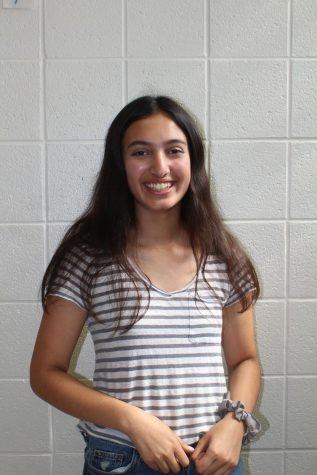
12
Why did you join the Black and White?
I enjoy reporting on different topics I'm interested in, and The Black and White provides me with a way to connect students directly to what is happening around them.
What's your favorite scent?
Fresh laundry



